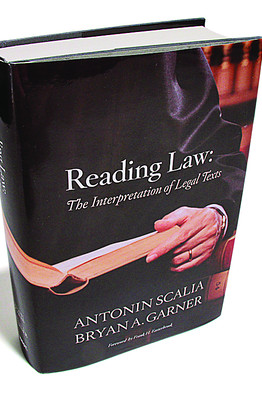By defining the mandate as a tax, one that will not be uniformly applied, the Supreme Court ran afoul of the Constitution.
By David B. Rivkin Jr. and Lee A. Casey
ObamaCare is being implemented, having been upheld as constitutional by the Supreme Court in June in a series of cases now known as National Federation of Independent Business v. HHS. It is becoming increasingly clear, however, that the court took a law that was flawed but potentially workable and transformed it into one that is almost certainly unworkable. More important, the justices also may have created new and fatal constitutional problems.
ObamaCare, or the Affordable Care Act, was conceived as a complex statutory scheme designed to provide Americans with near-universal health-care coverage and to effectively federalize the nation’s health-care system. The law’s core provision was an individual health-insurance purchase mandate, adopted by Congress as a “regulation” of interstate commerce. The provision required most Americans to buy federally determined minimum health-care insurance, or to pay a penalty more or less equivalent to the cost of that coverage.

